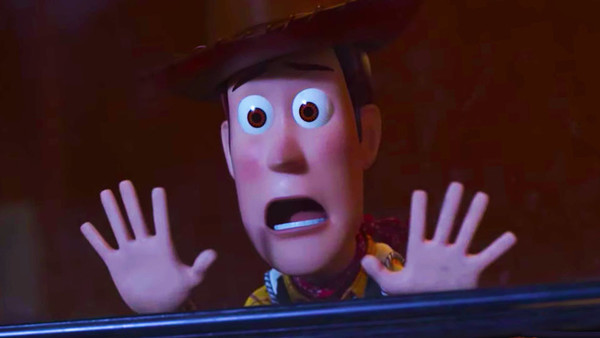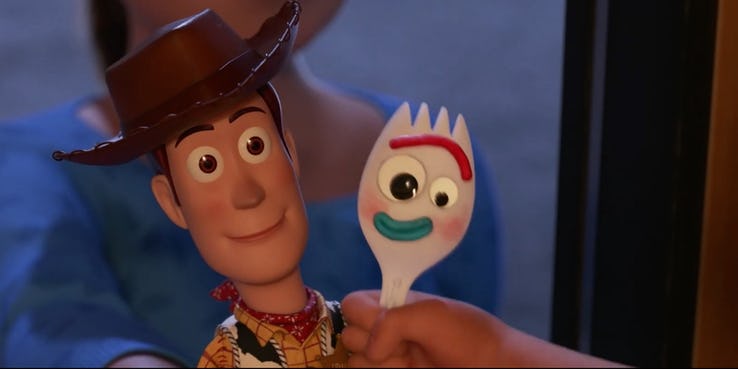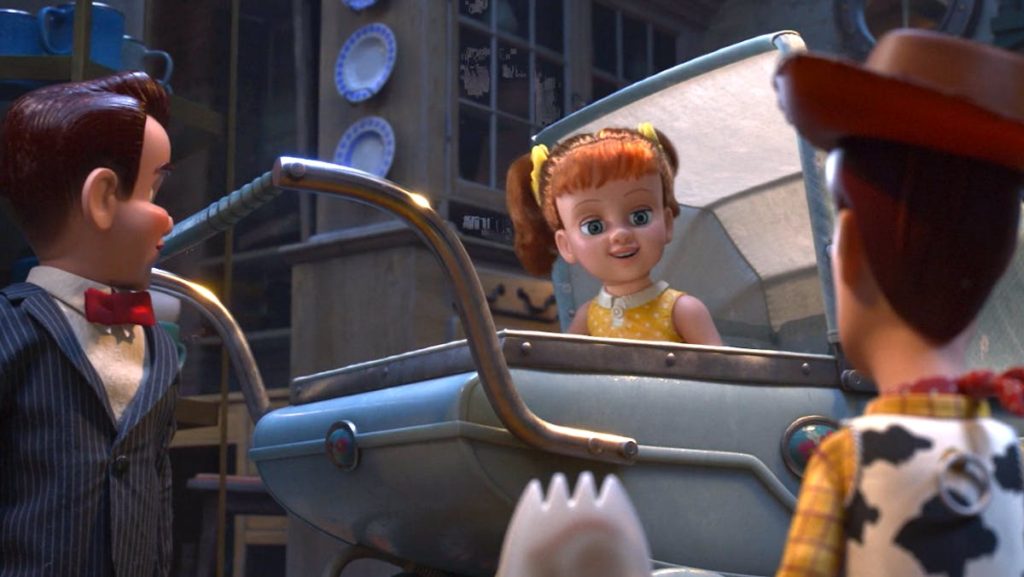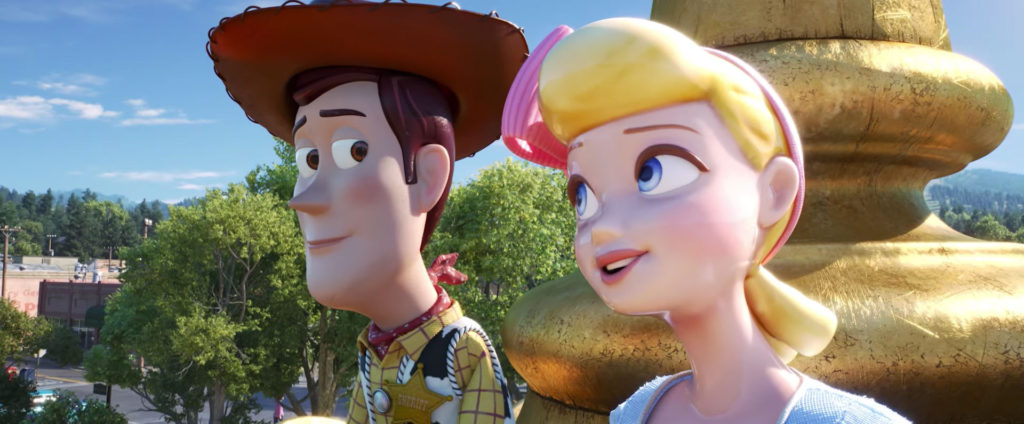I was diagnosed with Generalized Anxiety Disorder (GAD) two years ago, although it is a psychological disorder that I have suffered with for my entire life. It often takes the form of indecision (because what if I choose the wrong thing??), an over-sensitivity to the responses and emotions of others, and regular panic attacks in situations with too much stimulation.
These issues usually coalesce with me desiring that everyone around me be happy, regardless of how I may be feeling. Don’t ask me where I want to eat, I want to make sure you get to choose what you want. Don’t make sure I’m enjoying myself, because my gauge of pleasure often centers on if the people I’m with are enjoying themselves. I can’t have fun if the people in my immediate vicinity are not. I say “sorry” more than your average person – I’m sorry that my existence isn’t enough, isn’t fun enough, can’t make up for whatever is wrong in your life, that my anxiety and emotions are in the way.
Obviously, this is the sort of thing to work with a therapist on, and I have been. I highly recommend therapy. Even if you don’t have a diagnosis. There is nothing like knowing someone is going to sit there and listen to your darkest fears, thoughts, actions and not judge, just provide a little nudge here or there. However, what I did not expect was to have one of the main tenants that my therapist is working with me on appear in Toy Story 4 – that I get to take care of myself first, that I need to care about my own happiness. Or as Audre Lorde said, “If I didn’t define myself for myself, I would be crunched into other people’s fantasies for me and eaten alive.”

If you’ve watched through the Toy Story franchise, you know that they center on Woody and Andy. The entire conflict of the first film originates because Woody can’t stand to lose his place as Andy’s favorite toy. The second, on the struggle of abandonment and break-up and finding a new home and family. The third, on growing up, moving on. This fourth film combines many of those themes but synthesizes them into a central message that you are perfect as you are, you can be loved, but your value is not related to what people think of you.
Woody (read: me) spends most of the film (my life) trying to keep Bonnie (everyone) happy. He steals away with her to kindergarten, helping her create Forky – who comes to life simply because Bonnie views him as a toy (which spawned an excellent meme of what Toy Story 5 would include). As Forky believes himself to be trash (“I’m litter!” being my favorite line in the entire film), Woody is forced to keep him safe from himself, because it is Woody’s duty. As Bonnie’s toy, Woody needs to literally throw himself from an RV and walk 5 miles dragging the spork-turned-toy all the way.

The thing is, Woody doesn’t owe anyone anything. And in fact, his desire to put Bonnie first actually puts others in harm’s way. Which is the way of things. When we fail to take care of ourselves, we cause more damage to those around us – often in the form of poor communication and lost relationships. It’s only once Woody let’s go of everyone else’s expectations that he is able to do some true good in the world, with the person he loves, while taking care of himself.
In a recent Humans of New York post, a young woman explained that “I’ve got to learn how to keep promises that I make to myself. The funny thing is that I hate letting other people down. I never want to seem unreliable. Because if you disappoint other people too much, they’ll turn away from you. But I have no problem letting myself down. Because I know I’m not going anywhere. I’ll always be here.”
And isn’t that the way of things? We put other’s first fearing that somehow our value rests in how they perceive us. Even the “villain” Gabby Gabby struggles with this. She thinks that if only she had a working voice box, someone would love her. But guess what, it doesn’t always work out. And once she realizes that she might not be accepted even in working condition, she struggles to see value in her existence.

But as Brené Brown has said in Rising Strong: How the Ability to Reset Transforms the Way We Live, Love, Parent, and Lead, “just because someone isn’t willing or able to love us, it doesn’t mean that we are unlovable.
Because of the struggle within Woody’s own soul, he reaches out to Gabby Gabby, this time not because he owes it to anyone, but because he feels that it is right. He’s on a journey, and he’s not going to leave anyone behind. In this moment, he is not living for anyone’s expectations of him. He’s not focused on Bonnie and her needs. He, rather, sees a toy who is hurting and reaches out a hand (and a voice box).
By the conclusion of the film, Woody – with the encouragement of his closest friend, Buzz – realizes that Bonnie doesn’t need him. Or that he doesn’t need to feel obligated to be needed. He has done what’s right in saving Forky and Gabby Gabby, but now he is free to go live his life doing what brings him joy.

In another of Brené Brown’s excellent books, The Gifts of Imperfection: Let Go of Who You Think You’re Supposed to Be and Embrace Who You Are, she summarizes so perfectly what is at the core of Toy Story 4: “Don’t ask what the world needs. Ask what makes you come alive, and go do it. Because what the world needs is people who have come alive.”
What makes a toy come alive? For Woody, it’s joy. The joy on toys’ faces, the joy on children’s. Bringing a little bit of light to a dark world. He is alive. And so are you. It’s time to find what makes you feel alive, what lights a fire in your soul. You. Are. Alive. Don’t live for anyone’s expectations. Instead, focus inward, living for your own self. The love and healing you find in this kind of living will spread. And who knows, maybe you’ll inspire others around you to come alive as well.


Comments are closed.